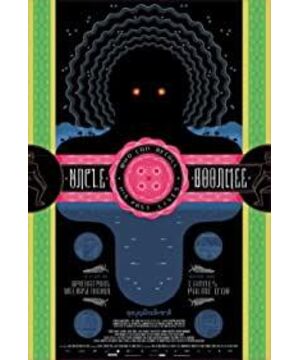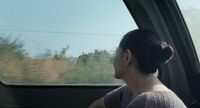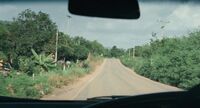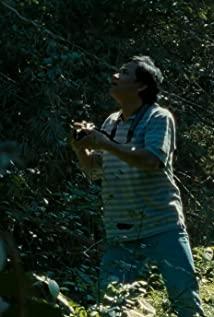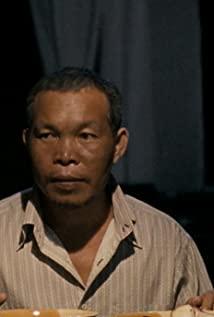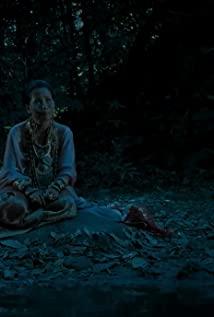Uncle Boonmee has a very simple composition. Apichatpong chose a rural area for the scene, and within a farm, he briefly mentioned the history of the persecution of communists in Thailand and the border issue between Thailand and Laos, but basically avoided complications. Apichatpong controls the people who appear in the film to four or five, and their relationship is simple, which is convenient for the film to dive to the spiritual level.
Like the films of Zhu Wen, Li Hongqi and Cai Mingliang, Apichatpong likes to capture poetry in films. Following on from The Dark Nights of Tropical Malady, Uncle Boonmee used a lot of dusk or dawn scenes. It can also be echoed with Tropical Malady is "odyssey", last time it was a jungle and this time it was a cave. There's a death and a climb, a doppelganger, a reconciliation (and implicitly another), and a set of photos that feel like they don't make sense.
If there is any theme, channeling should be the most obvious one, between man and other people, with past and future people, between man and all things, and even the universe. In addition, Aunt Zhen said something, "It's a blessing to be able to eat such a good thing after walking so far!" Can it be regarded as a note to Odyssey?
View more about Uncle Boonmee Who Can Recall His Past Lives reviews


